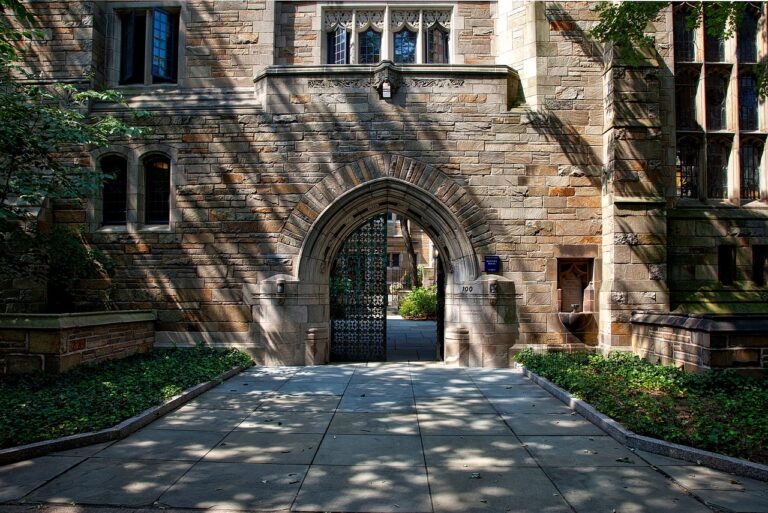The Impact of Charter Schools on Teacher Professionalism: 11xplay pro, Tiger 247 login, Betbook
11xplay pro, tiger 247 login, betbook: Charter schools have become increasingly popular in recent years as an alternative to traditional public schools. These independently operated public schools are granted more flexibility in exchange for increased accountability for student performance. One of the most significant impacts of charter schools is on teacher professionalism.
1. Increased Autonomy
Charter schools often provide teachers with more autonomy in their classrooms compared to traditional public schools. This freedom allows teachers to be more innovative in their teaching methods and curriculum choices. As a result, teachers can better tailor their lessons to meet the needs of their students.
2. Opportunities for Growth
Charter schools often have smaller class sizes and a more collaborative work environment. This creates opportunities for teachers to work closely with their colleagues, share best practices, and collaborate on lesson planning. In turn, this environment fosters professional growth and development among teachers.
3. Focus on Student Outcomes
Charter schools are held accountable for student performance, which puts a greater emphasis on outcomes. This focus on student achievement pushes teachers to constantly strive for excellence and continuously improve their teaching practices to ensure students are meeting academic benchmarks.
4. Incentives for Innovation
Many charter schools offer incentives for teachers who demonstrate innovation in their classrooms. This can include opportunities for professional development, additional resources, or even financial rewards. These incentives encourage teachers to think outside the box and find new ways to engage students in their learning.
5. Flexibility in Curriculum
Charter schools have the flexibility to create their own curriculum or tailor existing curriculum to meet the needs of their students. This allows teachers to be more creative in their lesson planning and teaching strategies, ultimately leading to a more personalized and effective learning experience for students.
6. Higher Expectations
Charter schools often set higher expectations for their teachers, both in terms of academic performance and professional conduct. This can push teachers to excel in their roles and continue to grow and develop as educators.
FAQs
1. Are charter schools better for teachers than traditional public schools?
While charter schools offer more autonomy and opportunities for growth, whether they are better for teachers ultimately depends on individual preferences and teaching styles. Some teachers may thrive in the collaborative environment of a charter school, while others may prefer the structure of a traditional public school.
2. Do charter schools pay teachers more?
Charter schools do not always pay teachers more than traditional public schools. Salaries can vary depending on the school’s budget, location, and the teacher’s experience and qualifications.
3. How can teachers thrive in a charter school environment?
To thrive in a charter school environment, teachers should be open to collaboration, innovation, and continuous professional development. Embracing the autonomy and opportunities for growth that charter schools provide is key to success in these settings.
In conclusion, charter schools have a significant impact on teacher professionalism by fostering autonomy, opportunities for growth, a focus on student outcomes, incentives for innovation, flexibility in curriculum, and higher expectations. While charter schools may not be the right fit for every teacher, those who thrive in these environments can benefit from the unique opportunities for professional development and growth they offer.







